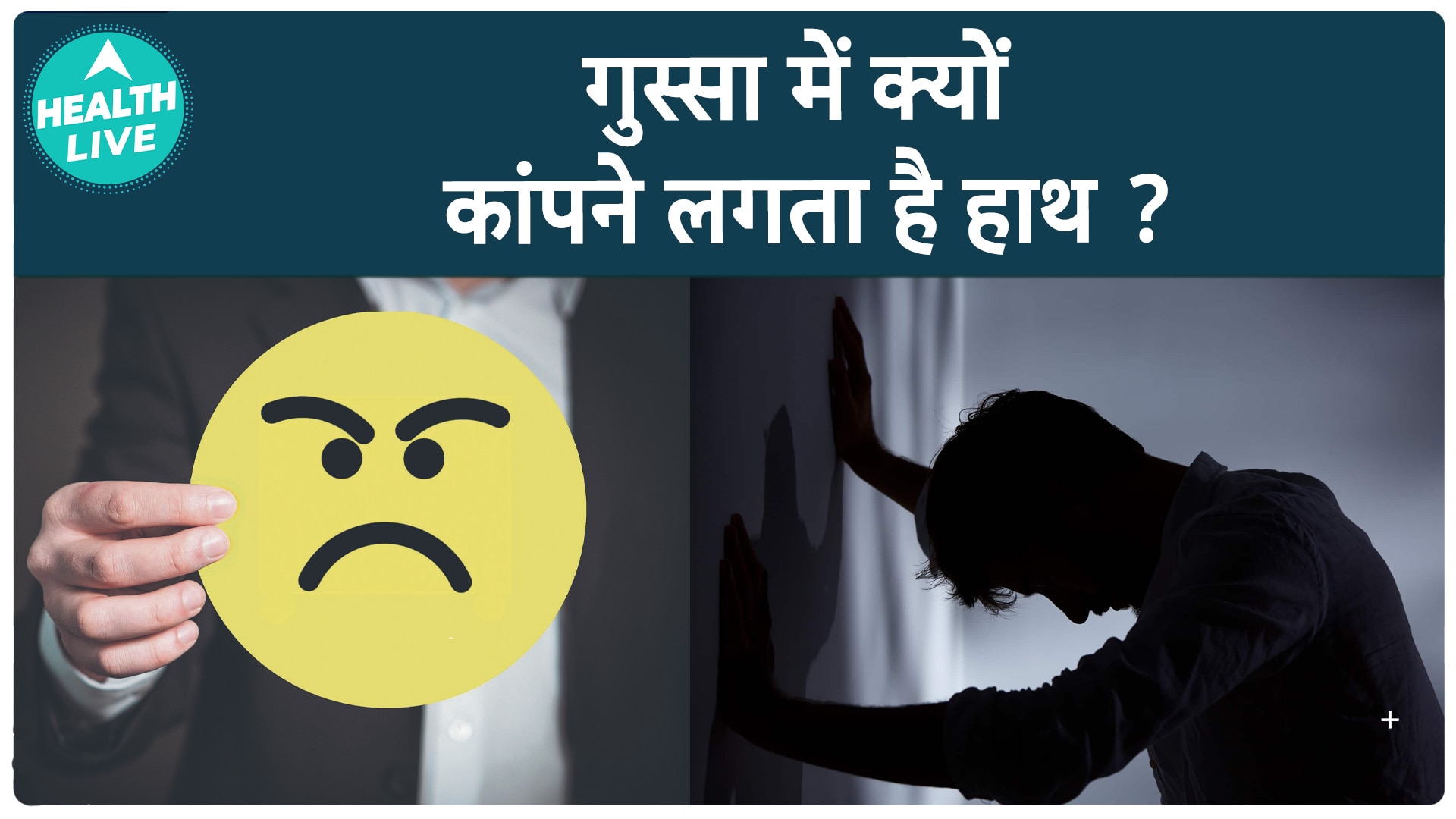A 26-year-old employee of the multinational consulting firm Ernst & Young (EY) in Pune died due to “overwhelming workload,” her mother has claimed. Anna Sebastian Perayil had joined EY as a chartered accountant just four months before she succumbed to work pressure, her mother Anita Augustine said in a letter. This tragic incident highlights a growing concern in the modern workplace: chronic burnout.
If you ever feel like your to-do list never ends, no matter how hard you work? Do you dread Monday mornings more than ever? If you answered yes, you might be dealing with chronic burnout, and it’s important to know when it’s time to take action. Recognizing the red flags early While occasional stress is normal, chronic burnout can be a sign of a toxic work place. Recognizing the red flags early is essential to protecting your health and productivity.

Some common warning signs are poor communication, unclear job expectations, excessive workloads, and lack of recognition. “A high turnover rate and poor work-life balance also contribute to workplace stress, leading to burnout. Employees in such environments often feel overworked and unsupported”, says Pulkit Sharma, Clinical Psychologist.
So why does it happen? unclear job expectations could be the reason why. “In professional settings, burnout is commonly triggered by factors such as unclear job expectations which leads to excessive work load followed by no lack of recognition or support." explains Sharma.
Chronic burnout vs. General stress According to Dr. Pooja Anand, Associate Consultant at Paras Health, Gurugram, "Burnout manifests through emotional, physical, and mental exhaustion.
Unlike temporary exhaustion, which can be remedied with rest, burnout persists over time and leads to feelings of helplessness and detachment." "Burnout occurs when stress becomes chronic and exceeds individual resilience. It results in a deeper sense of hopelessness and disconnection, marked by a lack of motivation, energy, and purpose that persists despite taking breaks.
" explains Dr. Sneha Sharma, Consultant-Psychiatry at Aakash Healthcare, New Delhi. What the early signs of burn out? Early warning signs of burnout include reduced enthusiasm for work, chronic exhaustion, and irritability.
“It persists over time and leads to feelings of helplessness and detachment from work or personal responsibilities.” explains Anand. “Physical symptoms of burnout can range from constant fatigue to sleep disturbances and weight gain”, explains Dr.
Santosh Chavan, Psychiatrist Jupiter Hospital, Pune. “Emotional symptoms such as feeling helpless, irritable, or emotionally numb, often accompany burnout.” he adds.
Dr. Chavan points out that missing work more often, avoiding social interactions, and having trouble focusing can be also be early signs of burnout. "If you ignore these signs, they can get worse," he warns.
Spotting these symptoms early gives people a chance to act before burnout becomes more serious. When to seek help? If burnout starts affecting your daily life, it might be time to get professional help. Dr.
Chavan advises that “if emotional or physical symptoms continue without a clear medical cause, or if functioning deteriorates, it's time to seek assistance.” Dr. Sharma suggests seeking assistance when symptoms get worsen.
“One should seek professional help if burnout symptoms become severe, such as persistent anxiety or a low mood that disrupts daily functioning.” Dr. Anand further stresses that addressing burnout early through therapy or workplace adjustments is important.
“Effective interventions like Cognitive Behavioral Therapy (CBT), counseling, and stress management techniques can help,” she adds "In more serious cases, taking a break from work or personal responsibilities may be necessary for recovery,” Dr. Anand concludes..


















